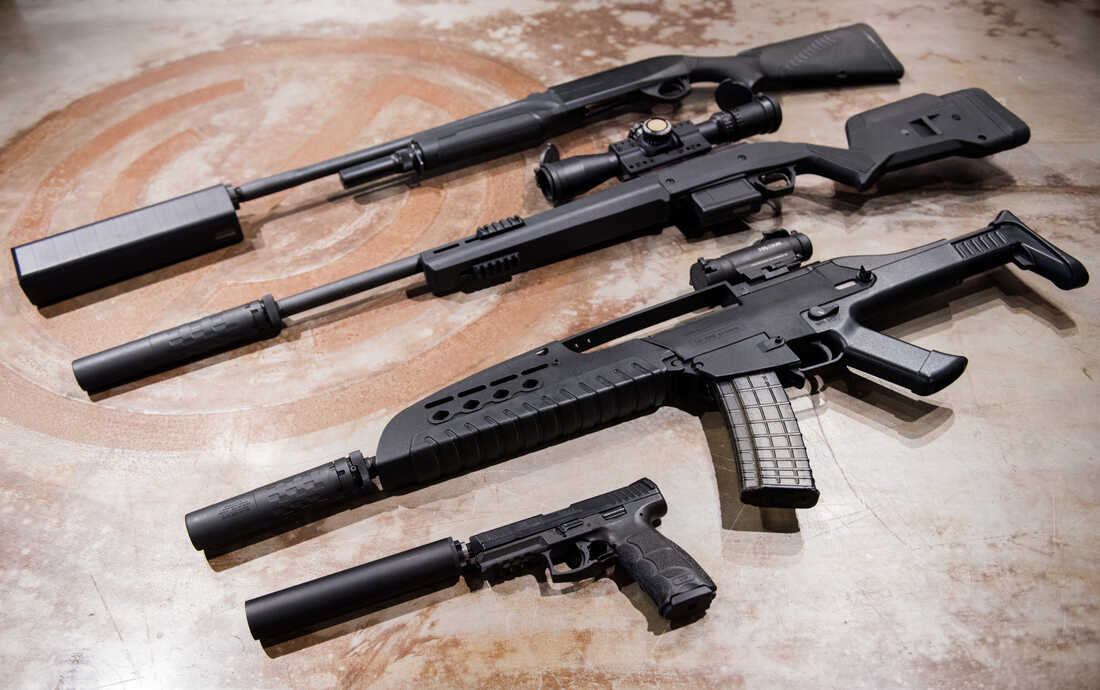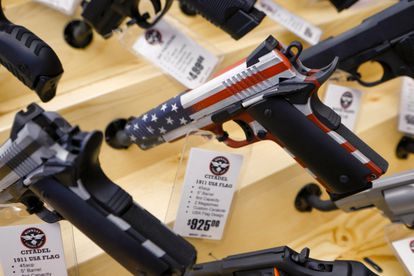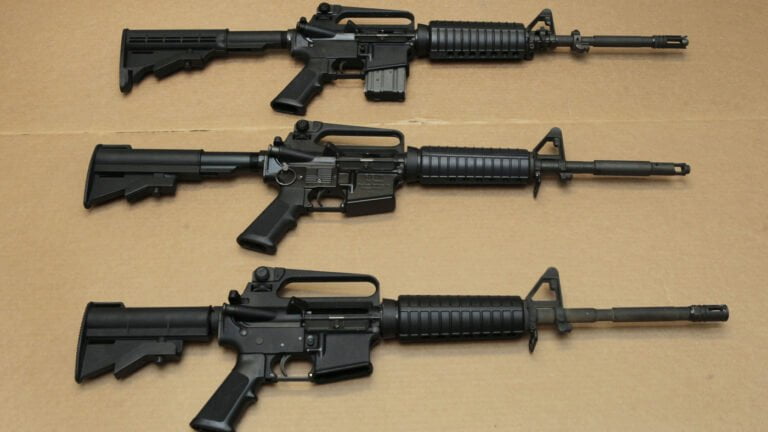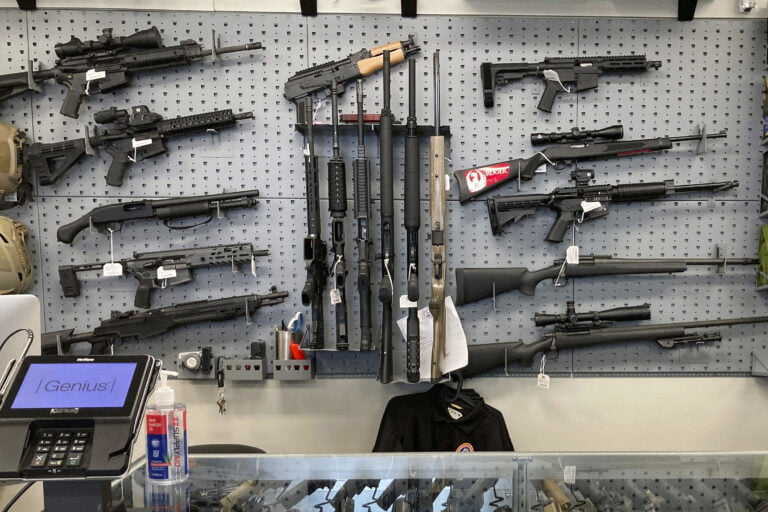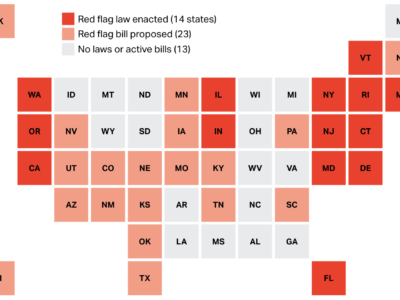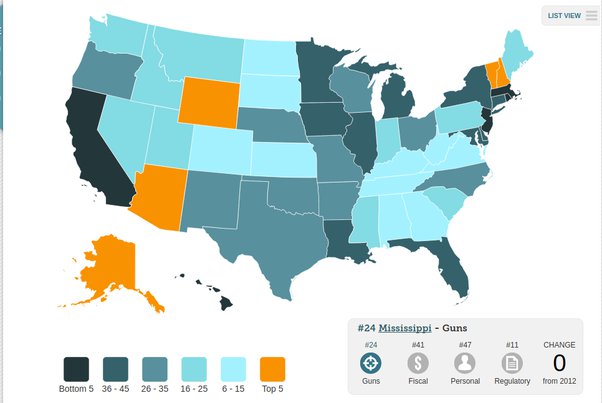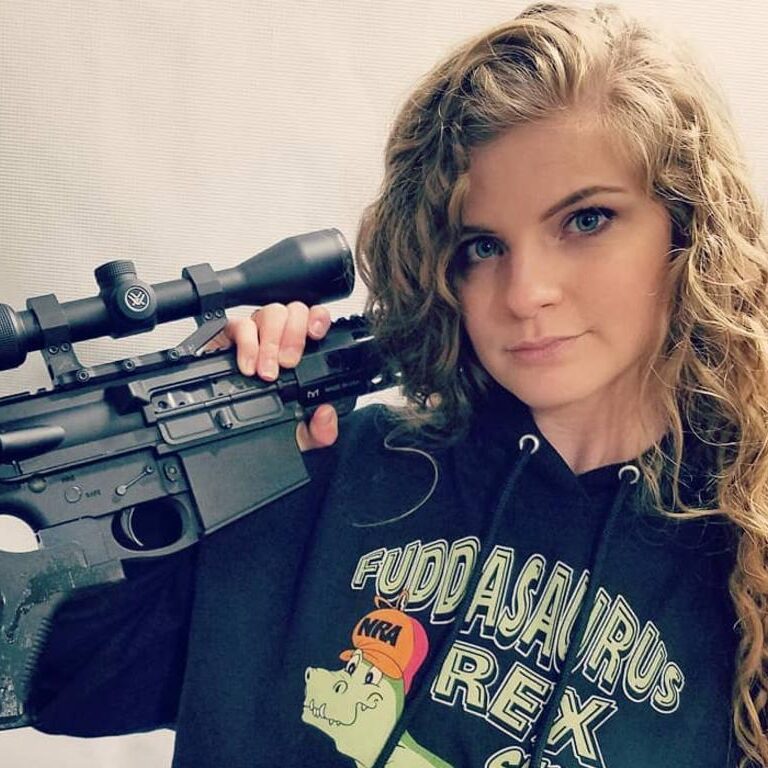Gun Silencer Laws
In the United States, owning a firearm is a constitutional right protected by the Second Amendment. However, when it comes to gun accessories, such as silencers, the laws can be complex and vary from state to state. Understanding the legalities of purchasing and owning a silencer is crucial to avoid getting into trouble with the law. In this article, we will delve into the intricacies of gun silencer laws and how they differ across the country.
Gun Silencer Laws by State
The process of obtaining a silencer is not as straightforward as purchasing a firearm. Federal law mandates that consumers must apply for a license before buying a silencer. However, this process can take more than a year, which can be discouraging for many Americans who lack the patience to wait.
Despite the lengthy approval process, shortcuts should be avoided, as they often lead to illegal activities. It is essential to familiarize yourself with the laws specific to your state and adhere to the rules to enjoy the benefits of owning a silencer legally.
General State Laws for Owning a Silencer
Regardless of the state you reside in, some general rules apply when purchasing or owning a gun silencer:
- Age Requirement: You must be 21 years or older.
- Citizenship: You must be a citizen of the United States.
- Eligibility: You must legally be able to purchase and own a firearm.
- Background Check: You must pass a background check.
- Fingerprints and Photo: You must mail or fax fingerprints and a photo to the ATF.
- Transfer Tax: You must pay a one-time transfer tax of $200.
- State Allowance: You must be in one of the states that allow people to own a silencer.
Changes in State Laws
While the general laws are consistent across states, some specific rules are subject to change by individual states at any time. Some of these include:
- Age Limit for Individual Purchases: Some states require individuals to be at least 18 years old to purchase a silencer from another person.
- Age Limit for Trusts or Organizations: Individuals who are members of organizations or beneficiaries of trusts may be required to be at least 18 years old to possess a suppressor.
As laws are subject to change, it is essential to stay updated with the current regulations in your state.
Silencer Ownership by State
Currently, 42 states in the United States allow private ownership of silencers for personal purposes. This means that in these states, individuals can legally purchase and own a silencer as long as they comply with federal and state laws.
However, eight states have imposed strict regulations and consider it illegal to purchase, own, or use suppressors. These states are:
- Hawaii
- California
- New York
- New Jersey
- Rhode Island
- Delaware
- Illinois
- Massachusetts
If you reside in any of these states, owning a silencer is not permitted under the current laws.
Silencers for Hunting
Hunters are the primary group of individuals who apply for silencer ownership in the 42 states where it is legal. Silencers provide hunters with the advantage of reduced noise levels, making them less likely to startle wildlife. However, it’s essential to note that some states, such as Vermont and Connecticut, still prohibit the use of silencers for hunting.
Silencer vs. Suppressors — What’s the Difference?
The terms “silencer” and “suppressor” are often used interchangeably, leading to confusion among gun enthusiasts. Both devices serve the same purpose of reducing the noise generated when firing a gun. The distinction between the two stems from historical marketing campaigns.
The inventor of the suppressor, Hiram Percy Maxim, initially named it the “Maxim Silencer.” However, true firearm enthusiasts know that silencers don’t make firearms completely silent. As a result, the more technical term “suppressor” emerged to accurately describe the function of the attachment.
In reality, both terms are acceptable, and there is no difference in efficiency, functionality, or sound suppression between the two. The choice of terminology often depends on personal preference or the audience being addressed.
The History of Silencers
Silencers, also known as suppressors, are governed by the National Firearms Act of 1934, which regulates various firearm accessories. The first commercialized silencer was invented by Hiram Percy Maxim, who founded the Maxim Silencers, Inc. company in 1992. Since then, silencers have gained popularity among shooters, particularly hunters looking to improve their shooting experience and reduce noise levels.
How Do Silencers and suppressors Work?
Silencers and suppressors are often misunderstood due to their portrayal in movies and video games. They do not make firearms completely silent, but they significantly reduce the noise generated during firing.
Both devices contain a series of baffles or barriers that slow down the release of propellant gases, transforming some noise energy into heat. This process dampens the explosive crack, making the gunshots quieter and reducing recoil. However, it’s important to note that they cannot eliminate the sonic boom caused by bullets traveling at supersonic speeds.
Where Can You Buy Silencers & Suppressors?
Buying a silencer or suppressor involves dealing with government regulations and paperwork, making it a daunting process for many enthusiasts. However, there are several options available to make the process more convenient.
- Silencer Central: Silencer Central offers a user-friendly experience, providing assistance with ATF paperwork and delivering the suppressor directly to your home.
- Local Gun Shops: Some local gun shops offer help with ATF paperwork, but you may need to do the paperwork and fingerprinting yourself.
- Online Retailers: Online retailers like Rainier Arms and Brownells offer a wide range of suppressors for different guns, but you will need a SOT or FFL to handle and transfer the suppressor.
Remember to research and understand the legal requirements in your state before purchasing a silencer.
Conclusion
Owning a silencer can be an exciting prospect for firearm enthusiasts, but it comes with specific responsibilities and legal considerations. Understanding the gun silencer laws in your state is vital to ensure you enjoy the benefits of owning a suppressor without facing legal consequences.
FAQs:
Q1: Is it legal to own a silencer in the United States?
Yes, it is legal to own a silencer in the United States, provided you comply with federal and state laws.
Q2: Can silencers completely silence a firearm?
No, silencers and suppressors do not make firearms completely silent; they reduce the noise generated during firing.
Q3: How can I purchase a silencer?
Purchasing a silencer involves applying for a license, completing ATF paperwork, and complying with state laws. You can buy from licensed dealers or online retailers.
Q4: Can I use a silencer for hunting?
In most states where silencers are legal, hunters commonly use them to reduce noise levels and avoid startling wildlife. However, some states may have restrictions on using silencers for hunting.
Q5: What’s the difference between a silencer and a suppressor?
Silencer and suppressor are interchangeable terms and refer to the same device that reduces firearm noise. The distinction arose from historical marketing campaigns.
